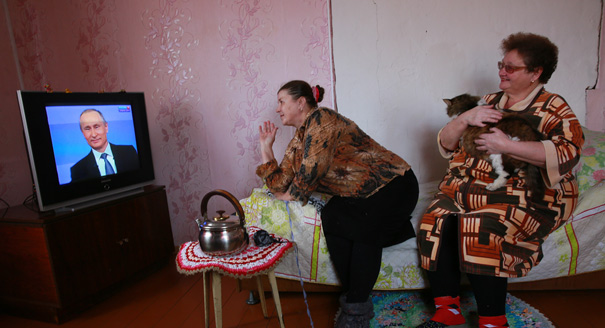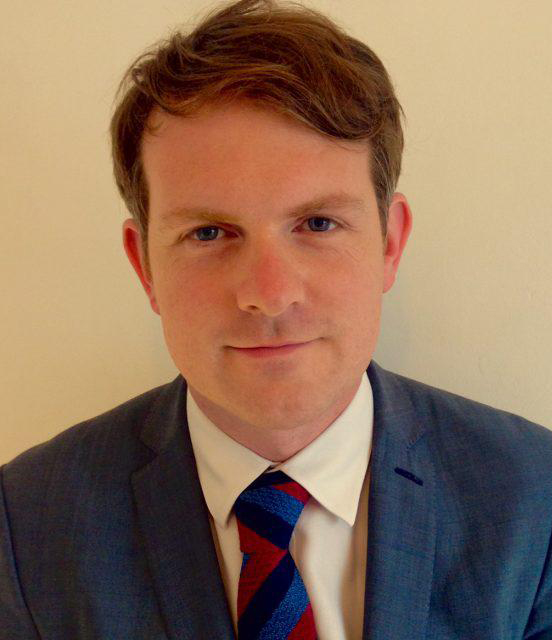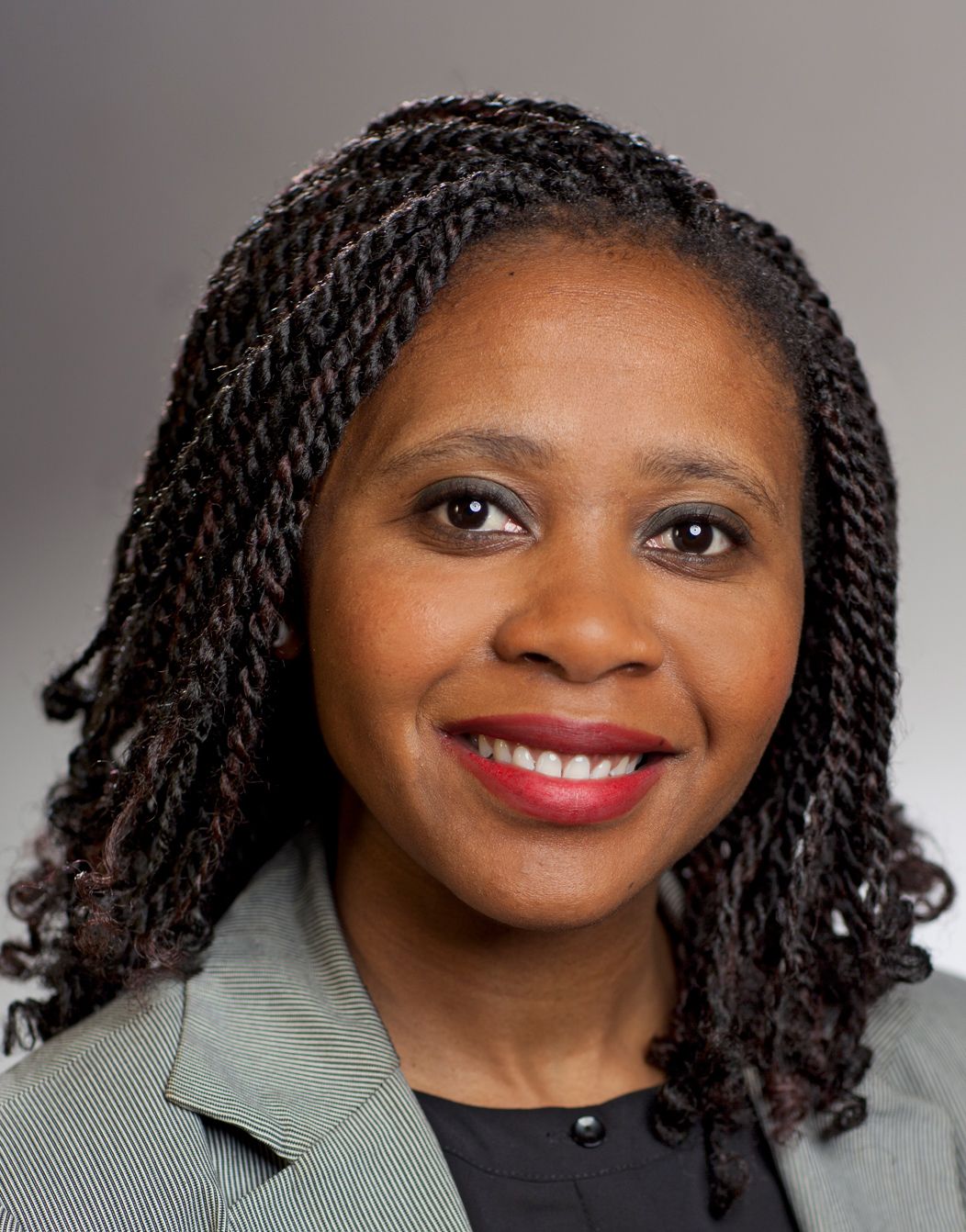Venezuelans deserve to participate in collective decisionmaking and determine their own futures.
Jennifer McCoy
{
"authors": [
"Denis Volkov"
],
"type": "commentary",
"centerAffiliationAll": "",
"centers": [
"Carnegie Endowment for International Peace",
"Carnegie Russia Eurasia Center"
],
"collections": [
"Inside Russia"
],
"englishNewsletterAll": "",
"nonEnglishNewsletterAll": "",
"primaryCenter": "Carnegie Endowment for International Peace",
"programAffiliation": "",
"programs": [],
"projects": [],
"regions": [],
"topics": [
"Economy"
]
}
The approval ratings of Russia’s leaders and its institutions have been declining for more than three years. The erosion of popular support has been accelerated, rather than caused, by the unveiling of the government’s pension reform plan, and Russians are increasingly concerned by the state of not only their pensions but also their country’s foreign policy and its economy
Proposed changes to Russia’s pension system have sharply affected the approval ratings of Russia’s leaders and its institutions. Prime Minister Dmitry Medvedev and his cabinet saw their numbers fall by 10–12 percent in a single month, and even the president’s approval rating is down by almost 15 percent. At no other point in Vladimir Putin’s rule has such a precipitous drop occurred. Although the president’s numbers slightly increased in July and August, they remain low relative to past highs, standing at 70 percent at the time of writing, according to polling by the Levada Center. At the same time, other government institutions continue to lose support.
Aside from the president’s approval rating, which peaked at 86 percent following the 2014 annexation of Crimea, there exist other indicators of support for Putin: the extent to which Russians trust him, as well as the percentage of Russians willing to vote for him in an election. Both figures have fallen to 48 percent; in the spring, they stood at 60 percent.
When in January–February of this year Putin disappeared from television screens for several weeks, at the height of his reelection campaign, his approval rating decreased from 82 percent to 76 percent, according to polling by the Levada Center that other pollsters corroborated.
Focus group discussions held around that time saw respondents criticize Putin. While many respondents acknowledged his accomplishments and positive qualities, some claimed that Putin had become “outdated,” that “people have tired of him” and that “he himself is tired,” and that he was obstructing much-needed change. The president’s approval rating recovered as soon as he returned to the air, and he handily won the presidential election in March, though his popularity resumed its gradual decline in May.
Other government institutions’ approval ratings have been steadily declining since late 2014–early 2015. In that time, their numbers have fallen so far that no more than one-third of the population supports them. As such, the pension reform plan, unveiled in mid-June, has simply intensified an existing downward trend: popular support for all major government institutions, including the presidency, is waning.
The composition of the president’s support base is changing as well, as polling consistently indicated throughout this summer. The president’s popularity suffered most among the poor, small-town residents, people on the cusp of retirement, Muscovites, and young Russians.
To be sure, Putin still enjoys strong backing from the affluent, as well as from senior citizens, who expect to financially benefit from the pension reform plan; indeed, focus group participants explicitly call senior citizens the main beneficiaries of proposed changes to the pension system. However, young people—hitherto the president’s staunchest supporters—are increasingly frustrated with Putin.
Just as before, the most impoverished segments of Russia’s population dislike the president. However, they are now joined by those on the cusp of retirement—who stand to lose the most from the pension reform plan—as well as entrepreneurs, who fear another tax hike more than the pension reform plan.
The pension reform plan, which came as a complete surprise to many Russians, has evidently affected popular support for the president and other government institutions. Putin’s generous campaign promises left people expecting higher salaries, pensions, and living standards. Instead, their retirement ages are being raised.
The efforts of political strategists in the Kremlin to shift responsibility from Putin to others—Medvedev, “liberals in the government,” United Russia, members of parliament, and provincial lawmakers—have largely failed. Since Putin’s return to the presidency in 2012, numerous polls have indicated that the president is held responsible for not only the good, as before, but also the bad.
The pension reform plan has divided focus group participants. Those who absolve the president insist that “the president didn’t know,” that “he will speak out,” and that “he will figure things out.” Many respondents, however, said from the start that the initiative could not have been put together without Putin’s knowledge, and that he is simply shirking responsibility by delegating its announcement to Medvedev and United Russia.
Still, many expected Putin to soften or even completely do away with the pension reform plan. In late August, Putin delivered a televised speech in which he addressed Russians’ main concerns: the fear of becoming incapacitated or simply dying before reaching retirement age, the fear of losing one’s job before reaching retirement age, and the fear of declining living standards. The concessions he proposed may improve his numbers, but those who hoped that the pension reform plan would be eliminated altogether will remain unsatisfied.
Another less obvious reason for the president’s falling numbers is that Russians are tiring of the country’s foreign policy. They may still consider Russia’s renewed greatness on the international stage to be Putin’s main accomplishment, but the public is growing disillusioned with Russia’s isolation, its unresolved conflict with the West, and the fact that the country is constantly “helping others” at the expense of its own citizens.
People would like the president to focus on domestic affairs, increase social spending, and improve living standards, focus group discussions and polls indicate. Increasingly, people see foreign policy as a significant obstacle to Russia’s development.
The current economic situation also adversely impacts approval ratings. Low inflation, adaptation to post-crisis conditions, and gradual economic recovery fueled public optimism in the latter half of 2016. More recently, concessions and generous promises made on the campaign trail earlier this year slightly halted the souring of public opinion. Since the spring, however, Russians have increasingly expressed concern about their material situation and the state of the economy more generally. The fear of unemployment has become more pronounced than at any point in the past decade, conditions in which support for the authorities is unlikely to surge.
The president’s approval rating is buoyed by the absence of political competition, as well as by state control of federal television channels. Although the Internet is increasingly popular as a source of information, it cannot yet compete with television, which maintains the president’s heroic image, in part by constantly juxtaposing him against his predecessor, Boris Yeltsin. “At least he doesn’t get hammered” and “at least we’re not ashamed of him,” respondents say.
The absence of alternatives to Putin, for its part, serves as an important source of legitimacy for Putin and means that blows to his standing do not translate into gains for other politicians. Apparently, it was the absence of alternatives to the president that guaranteed him an approval rating of more than 60 percent during the political crises of 2005 and 2011–2012.
These methods, however, have failed to protect other government institutions, whose numbers continue to fall. Although these developments are highly unlikely to cause the system to collapse, especially in light of the authorities’ resilience and survivability, the system may become unstable, generating protests, elite splits, and conflicts between the regions and the center. As hopes for positive change fade, so will loyalty to the president, making his departure from politics in 2024 much likelier.
Already, the public appears to be prepared for such an outcome. Focus group participants have begun to allude to the fact that Putin will leave office in 2024 as the constitution requires, after picking a “reliable and responsible” successor. People have no clear idea who the next president will be. Yet faced with Putin’s possible departure from power six years from now, Russians seem not to care.
Carnegie does not take institutional positions on public policy issues; the views represented herein are those of the author(s) and do not necessarily reflect the views of Carnegie, its staff, or its trustees.
Venezuelans deserve to participate in collective decisionmaking and determine their own futures.

Jennifer McCoy
German manufacturing firms in Africa add value, jobs, and skills, while benefiting from demand and a diversification of trade and investment partners. It is in the interest of both African economies and Germany to deepen economic relations.
Hannah Grupp, Paul M. Lubeck
As European leadership prepares for the sixteenth EU-India Summit, both sides must reckon with trade-offs in order to secure a mutually beneficial Free Trade Agreement.

Dinakar Peri
Global development needs imagination to update the purposes, structures, and systems of outmoded institutions to make them fit for today’s world.

David McNair
African countries need to adapt to a new era of U.S. trade relations.

Kholofelo Kugler, Georgia Schaefer-Brown